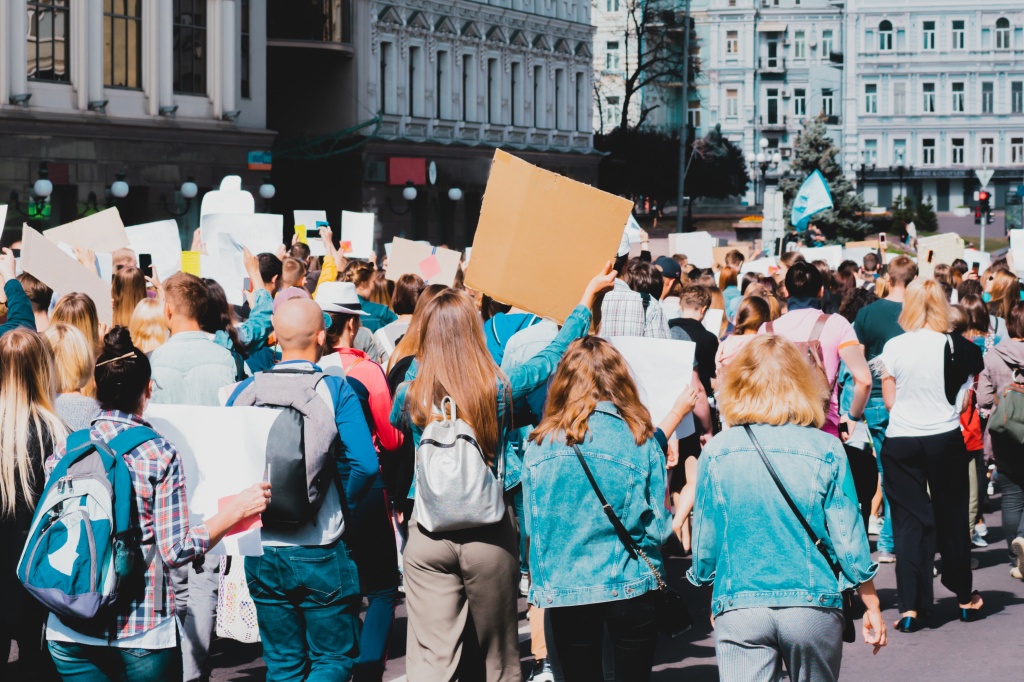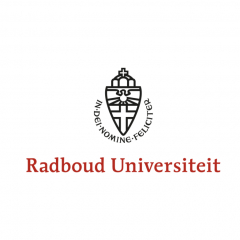
Over the past months, I have visited practically every building on campus. Following up on the university’s motto ‘You Have a Part to Play’, we are working with students and teachers from all bachelor’s programmes at Radboud University to embed the concept of ‘Higher Education for Sustainable Development’ (HESD) in our teaching. Education for Sustainable Development differs from Education in Sustainable Development in that it is not focused on knowledge of sustainable practices or the scientific analysis of, e.g., climate change. Instead, HESD looks at what students need to be able to do (rather than know) in the face of the global crises we are facing. This is a question where notions like empathy, complexity, and future thinking come to hold centre stage.
Helping students to become the change agents our planet needs, as psychologists, historians, linguists, biologists, or – why not? – cultural scholars, brings us to the most important question of all: what are we teaching for? You will not be more equipped to face the future by knowing all the intricacies of whichever aspect of French Theory you have not yet learned by heart in your Cultural Theory course. Rather, you need to be able to use this theoretical knowledge as well as your skills in analysing films, music, literature, and theatre to make the kind of contribution to the global challenges we are facing, humans and more-than-humans alike.
The great news is that you (and you, and you, and the ones behind you who dare not raise their hand) are perfectly able to make that contribution, to be that change agent. This is what we learn in every discussion we have with teachers and students across campus. For many, this comes as a surprise, as they associated sustainability only with ‘green’ sustainability, and with knowledge of, instead of skills for sustainability at that. Sustainability, however, is far more than that. If you look at the UN’s Sustainable Development Goals, you will see that they include Gender Equality, Sustainable Cities and Communities, and Reduced Inequalities. And you must realise that these goals are strongly interconnected: we cannot combat climate change if we fail to improve the level of education globally, for instance. Despite the impending gloom, this is a hopeful message: students in cultural studies have a vital part to play!
An important element in building (hope for) a better future are imaginaries. We, as uniquely among the other living and non-living actors of this world, are able to imagine utopian futures that help humanity to see beyond the doom, gloom, and despair of climate reports and the everyday news. This is precisely what we are discussing every time when we meet with students and teachers from one of the 38 (!) bachelor’s programmes at Radboud University. So: stand up straight, be proud, and make your contribution.
In conclusion, coming back to where I started (which is always a good idea): we are walking new pathways across campus, entering buildings where we sometimes feel we are not even allowed to enter, yet being welcomed by kind colleagues. Talking with them on the backdrop of self-made bookshelves and more-than-man-high piles of crates from Albert Heijn deliveries, in rooms that sometimes do not appear on the maps of the buildings we are in. Our campus is an ecology. In other words: we are enjoying ourselves to the max, especially when we ask our students and colleagues the question: what is it you are studying for?
Please do not hesitate to send us your questions and reflections!
Edwin van Meerkerk. edwin.vanmeerkerk@ru.nl
